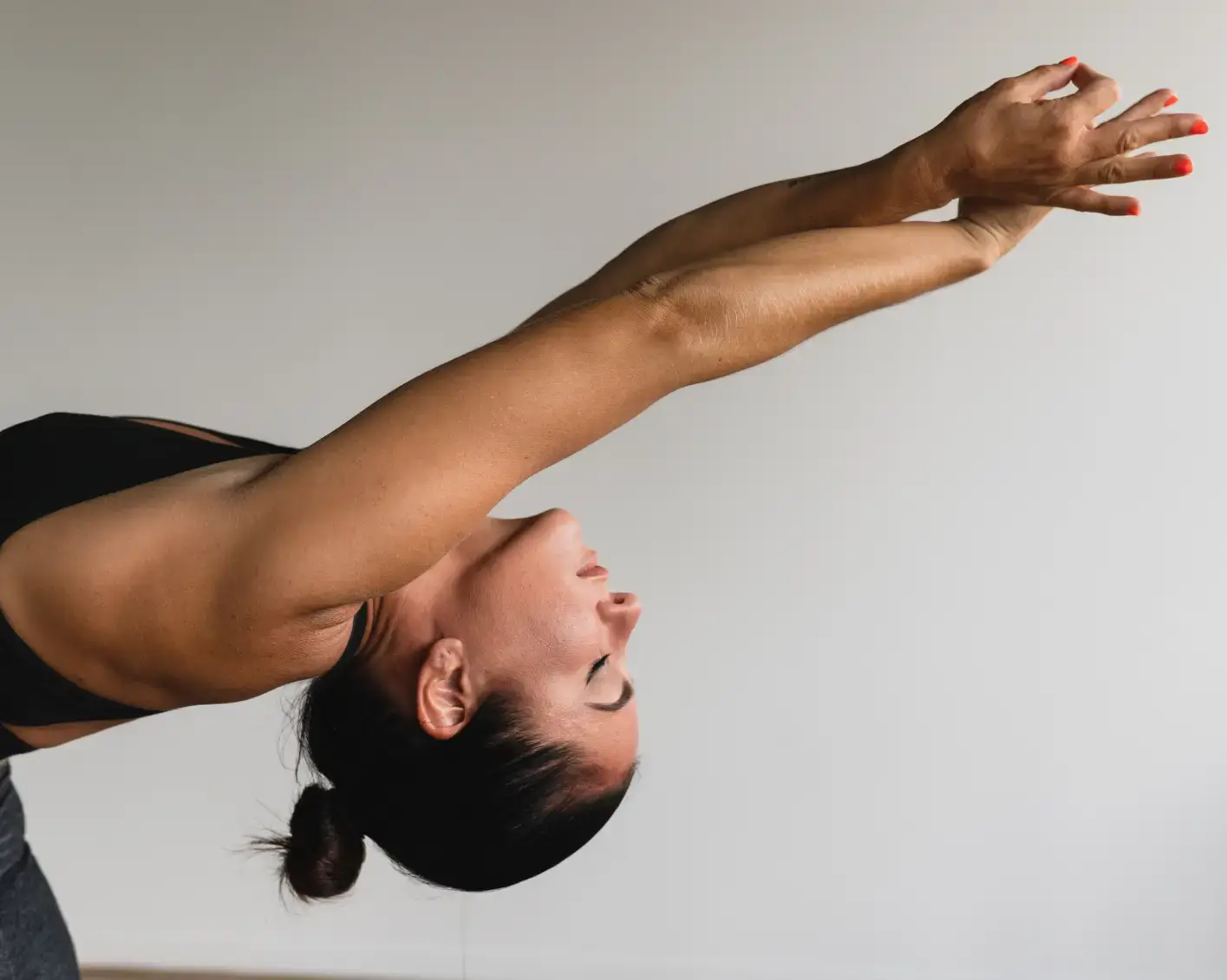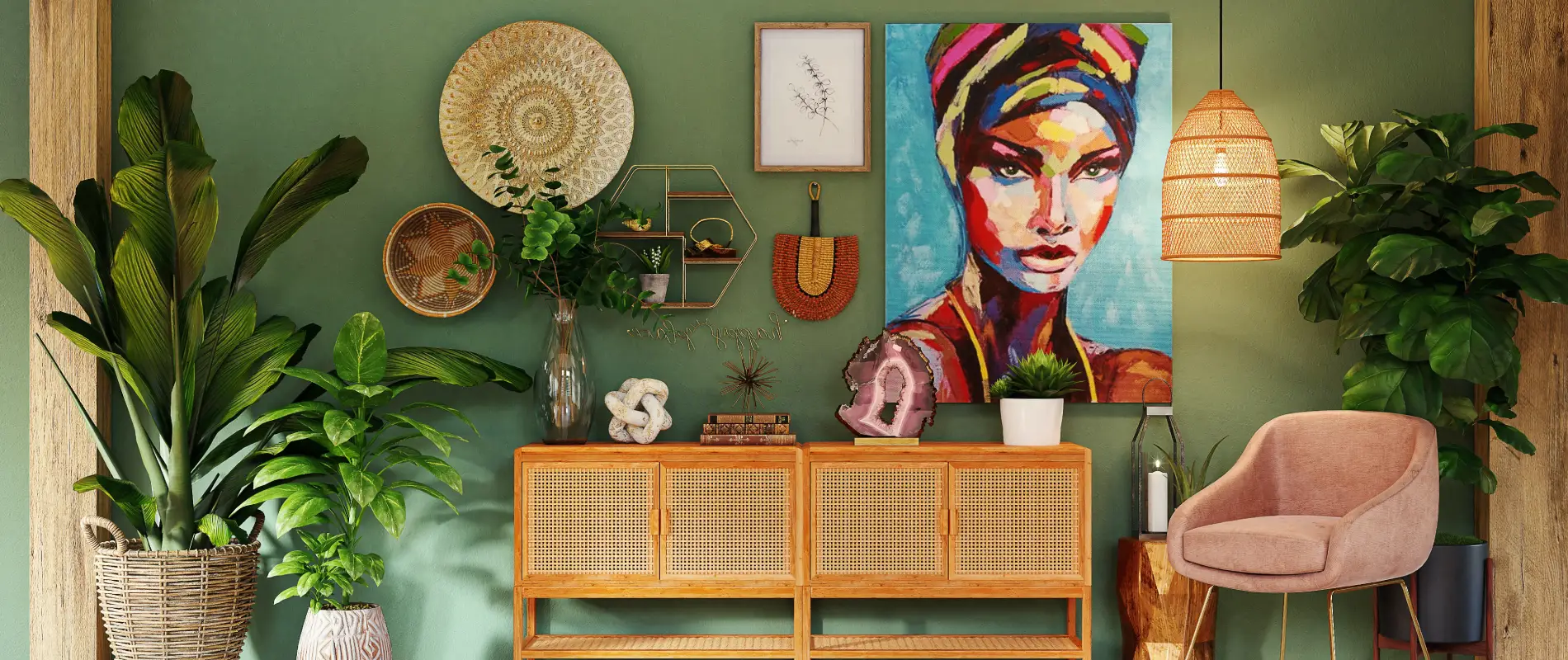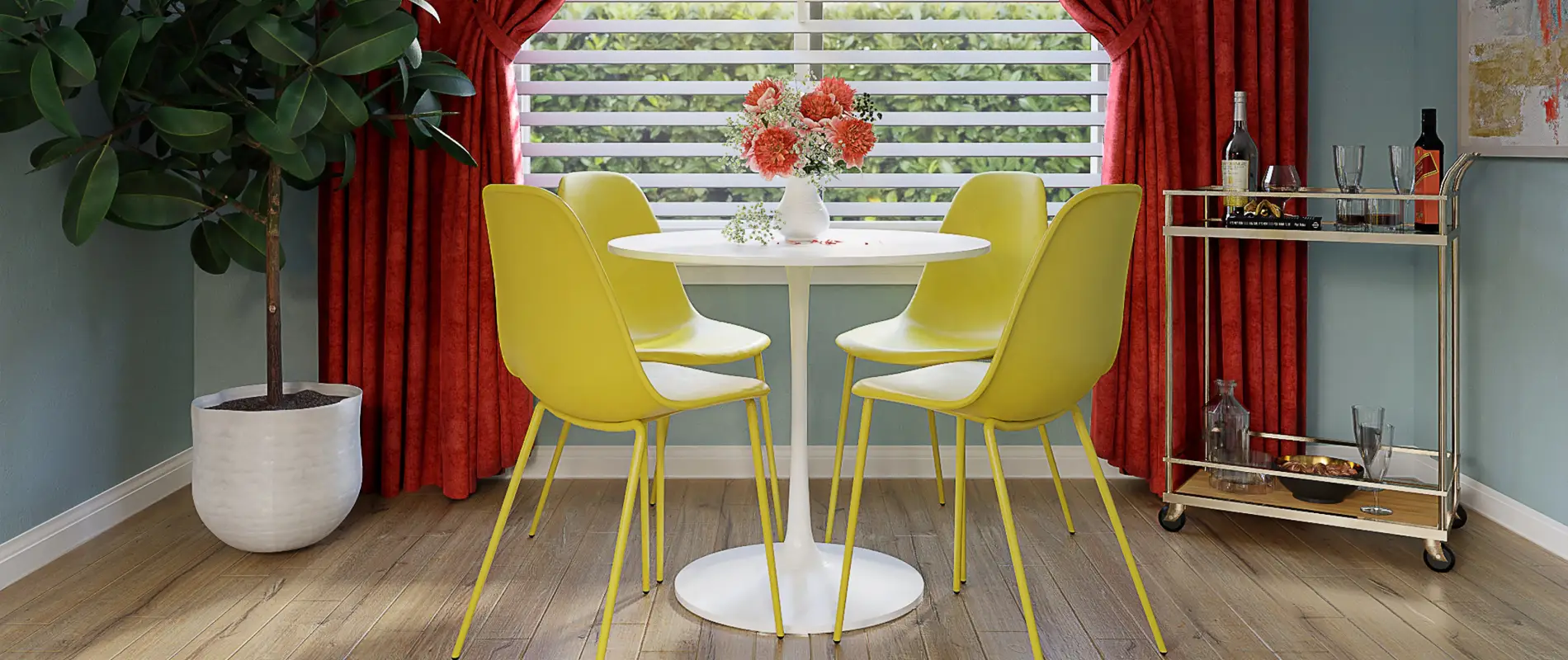Discover the power of effective design: your path to engaging content
Are you a WordPress website user looking to elevate your website’s appeal and functionality? It’s time to dive into design strategies that brilliantly balance text and visuals, ensuring your content captivates your visitors.
The original design
Consider an image boasting a multi-column layout that marries text with visuals seamlessly. Grab attention with a descriptive text block on one side and a vivid photograph on the other. This dynamic, asymmetrical style will make your messaging stand out!
Detailed analysis of the image
1. Layout analysis
- Overall structure: The multi-column design enriches readability and draws engagement.
- Arrangement: A compelling text block on the left with an eye-catching image on the right offers balance and dynamism.
- Asymmetrical choices: With a larger image, you catch the viewer’s eye and create an engaging experience.
2. Element and feature description
- Visible elements:
- Header: The “Benefits of Yoga” headline stands out with its bold typography.
- Text blocks: Insightful details clearly communicate yoga’s advantages.
- Image: A pose captures the essence and relevance of the content.
- Interactive elements: While content-focused, visuals spark user interaction.
- Typography: Modern bold headers harmonise with easy-to-read lighter body text.
- Icons and graphical elements: Though lacking icons, a gentle backdrop introduces a warm touch.
- Image details: Rounded corners lend a modern feel to the landscape image.
3. Unique design aspects
- Standout design choices: Pairing asymmetry and bold text leaves a memorable mark.
- Hover effects or animations: The clean design ensures no distractions from unnecessary animations.
- Responsive design elements: A fluid setup guarantees optimum viewing across devices, boosting accessibility.
- Accessibility considerations: High-contrast text and an unobscured image support users with visual impairments.
4. Overall design style
- Design style: A modern minimalist approach enhances both visual allure and readability, ideal for any WordPress site.
- Visual hierarchy: A clear header garners attention, followed by substantial text and an enticing image, guiding the viewer smoothly.
- White space and balance: Deliberate white space creates a clean layout that enhances the user experience.
Ways to organise content in WordPress
Categories and tags
Categorising and tagging are essential methods for organising your content. Categories are broad labels, while tags are more specific. They help your audience navigate your site easily and improve SEO. By creating logical WordPress navigation menus, visitors can find content relevant to their interests quickly, building a seamless user experience.
Custom menus
Building a custom menu can significantly enhance site navigation. Utilising submenus and dropdowns recommends content hierarchically, leading users to desired content without fuss.
Post formats
Post formats enable styling variations from standard text entries to multimedia. Formats offer versatility that expresses content uniquely, tapping into different visual presentations of your WordPress templates.
Sidebars and widgets
Sidebars and widgets provide additional space to highlight content types or features. Use them to incorporate recent posts, categories, or custom links, enhancing a site’s informational depth and user interaction.
Gutenberg blocks
Embrace the flexibility of Gutenberg blocks, allowing you to customise layouts effortlessly. Blocks encourage varied content expressions, from text to multimedia, to create vibrant pages. The Gutenberg block library helps in crafting distinctive, content-rich posts.
Pages vs posts
Understand the difference between static pages and dynamic posts. Pages suit timeless content, while posts fit frequent updates. Using both ensures a balance in content stability and freshness, crucial for WordPress getting started users.
Custom post types
When standard posts and pages are not enough, explore custom post types. Tailor them to specific content needs for a structured and varied presentation that enhances site functionality.
Taxonomies
Extend your organisational ability by using custom taxonomies. They provide an additional layer of content organisation beyond default options, refining user search experiences and elevating content relevance.
Homepage layout
Give careful thought to your homepage layout. It’s the first impression and must convey your site’s essence. Customise it to showcase featured content, calls to action, or recent entries.
Cross-linking
Cross-linking builds a robust internal network that aids navigation and keeps users engaged. It enhances SEO by linking relevant content throughout your WordPress templates.
10 types of content in WordPress
Blog posts
Classic blog posts form the backbone of many sites. They establish regular engagement with your audience through storytelling, sharing insights, or detailing expertise. Blogging remains a foundational element of a thriving online presence.
Static pages
Static pages offer standalone content essential for any WordPress site, like an about or contact page. They provide key information and remain a constant resource for users needing stable content.
Image galleries
Image galleries enhance visual content by displaying a series of photos within your posts. They engage visitors with compelling visuals, ideal for photographers or artists’ portfolios.
Video content
Videos create dynamic interaction, bringing more life to your WordPress site design and effectively communicate messages. They enhance storytelling through visuals and audio combined.
Events
Event content highlights upcoming activities or engagements. Utilise plugins designed for event management to maintain organised, visually appealing event pages or calendars.
Portfolios
Portfolios showcase creative work, displaying projects cohesively. Customisable portfolio themes enhance the presentation, maintaining a clean and professional aesthetic.
eCommerce listings
Sell products directly on your site with engaging eCommerce listings. High-quality images, detailed descriptions, and reviews ensure a comprehensive shopping experience appealing to potential buyers.
Testimonials
Testimonials build credibility and trust. Display genuine feedback from satisfied clients to persuade new visitors of your services’ value and establish respect in your industry.
Case studies
Case studies offer in-depth insights into challenges tackled successfully with your solutions. They attract potential clients by demonstrating your expertise and successful outcomes with data and visuals.
FAQs
FAQs answer common user questions clearly and concisely, enhancing user experience. By providing ready access to information, visitors resolve queries quickly, reducing potential barriers.
Conclusion
On a WordPress website design quest for a captivating site look, integrating balanced, dynamic design choices is key. Whether with an asymmetrical image-text setup or a minimalist style, ensuring every element works together harmoniously enhances engagement. Explore these methods and content types that bring your site to life, drawing in visitors and ensuring they stay longer.




